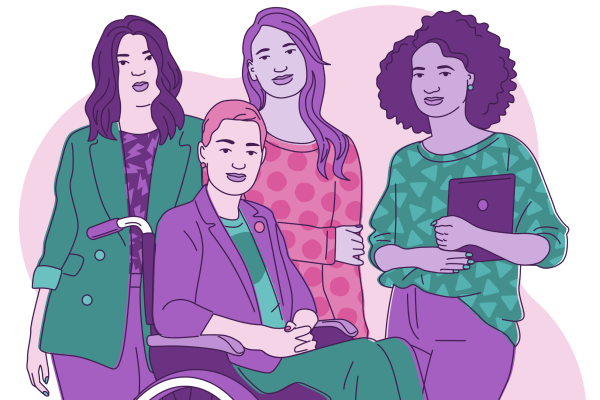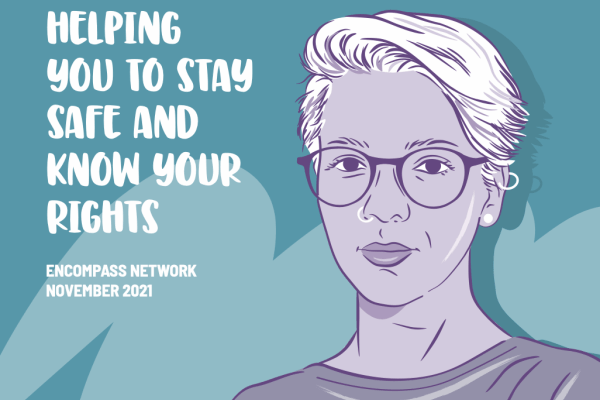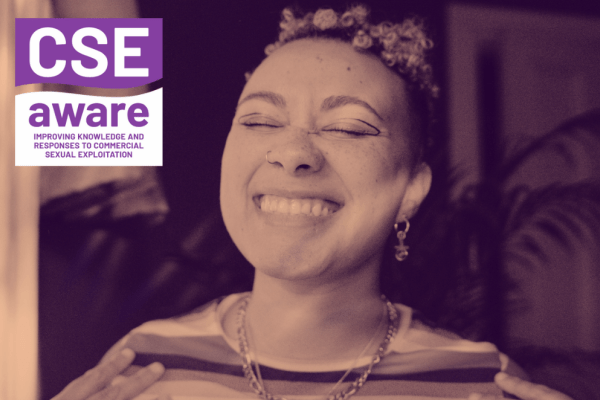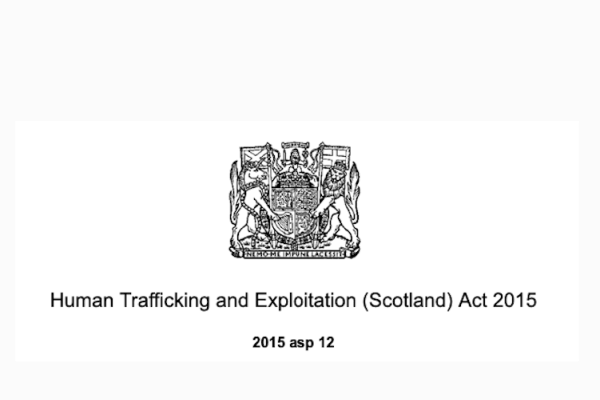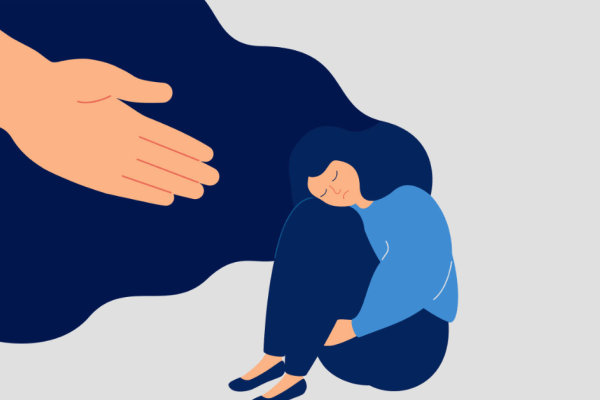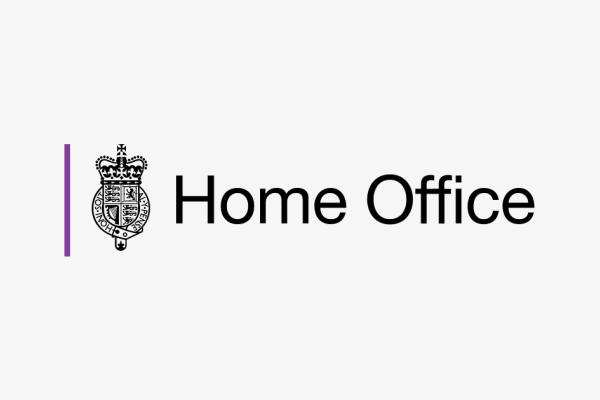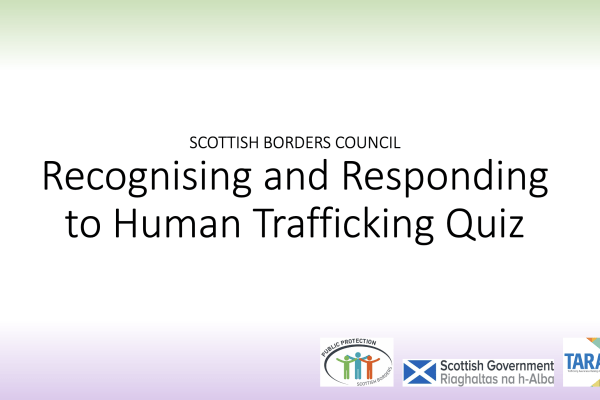Commercial sexual exploitation (CSE): What it is and how you can get support (Easy Read)
This Easy Read booklet explains CSE and how it can happen. It breaks down all the different types of CSE, the risks to women, and how to get support.
There is also a video version of this booklet.
